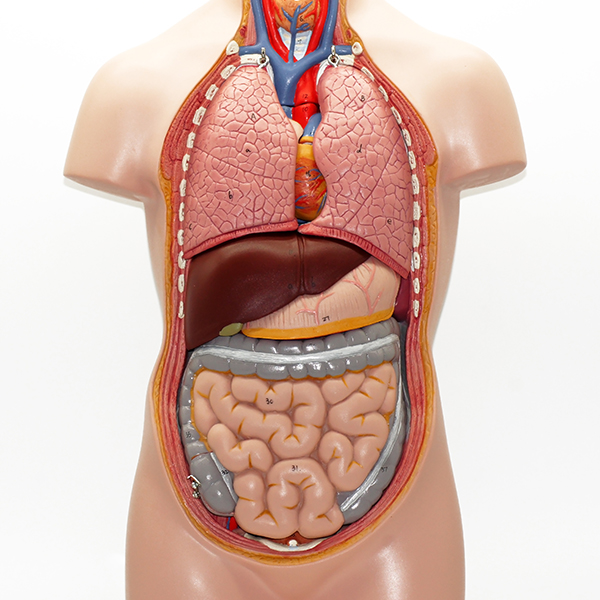
Centre of holistic Excellence
The lungs, in TCM, hold immense importance. They are not just responsible for gas exchange, but are considered the “Prime Minister of Qi (vital energy)” and the “Master of Breath.” They govern:
Root Syndromes of the Lung: When Breath Goes Askew
TCM identifies various “root syndromes” related to the lung, reflecting imbalances in its functions:
Nourishing the Breath: Dietary Wisdom from TCM
Diet plays a crucial role in TCM for promoting lung health and preventing or alleviating imbalances. Here are some general recommendations:
Remember:
By understanding the lung’s significance in TCM and incorporating its dietary wisdom, you can nurture your breath and cultivate a life filled with vitality.
Quick links
Help & Info
Working Hours
08h00 to 16h00 Monday to Friday
08h00 to 11h00 Saturday
Contact Us